What types of alcohol are used in cosmetic products?
Why is alcohol used in cosmetic products?
How does alcohol affect sensitive skin?
Are there any non-alcoholic alternatives?
Conclusion: Alcohol in cosmetic products for sensitive skin
Alcohol in cosmetic products is a topic that continually sparks debate. People with sensitive skin, in particular, often question whether products containing alcohol are harmful to their skin. In this blog post, we take a closer look at the different types of alcohol used in cosmetic products and how they can affect sensitive skin.
What types of alcohol are used in cosmetic products?
Not all alcohols are created equal – there are different types with different properties. Two main types of alcohol are found in cosmetic products: fatty acid alcohols and alcohols from the alcohol group (alcoholic solvents).
Fatty acid alcohols: These alcohols, such as cetyl alcohol or stearyl alcohol, are derived from natural fats and have a mild effect on the skin. They act as emulsifiers, ensuring that oil and water mix well in creams and lotions. These alcohols are generally safe and can even have moisturizing effects.
Alcohols from the alcohol group: These include substances such as ethanol (ethyl alcohol), isopropyl alcohol, and propyl alcohol. These alcohols are often used in cosmetic products to improve texture, extend shelf life, and act as solvents for other ingredients. However, these alcohols can dry out and irritate the skin, especially on sensitive skin.
Why is alcohol used in cosmetic products?
Alcohol has several functions in cosmetic products:
Preservation: Alcohol helps prevent the growth of bacteria and other microorganisms, thus extending the shelf life of cosmetics.
Solvent: Many active ingredients in skin care products are dissolved in alcohol because it helps stabilize these substances and maximize their effectiveness.
Drying effect: Alcohol is often used in products such as toners or facial waters to refresh the skin after use and remove excess oil.
How does alcohol affect sensitive skin?
For people with sensitive skin, alcohol in cosmetic products is a sensitive issue. While the effect can vary depending on the type of alcohol, there are some general effects to consider:
Skin dehydration: Alcohols such as ethanol or isopropyl alcohol can damage the skin's barrier and dry out the skin. This can lead to tightness, redness, and dryness in sensitive skin. Repeated use can even cause permanent damage to the skin barrier.
Irritation and inflammation: Alcohol-based solvents can irritate the skin, especially if it is already sensitive or damaged. Redness, itching, and burning are common symptoms that can occur after using alcohol-based products.
Increased skin sensitivity: People suffering from skin conditions such as rosacea or eczema may experience worsening symptoms from alcohol-containing products. Alcohol can promote inflammation and make skin even more sensitive.
Disruption of the skin barrier: An intact skin barrier protects the skin from environmental influences and prevents moisture from escaping. Alcohol can damage this barrier and promote the penetration of pollutants and germs, which can be particularly problematic for sensitive skin.
Are there any non-alcoholic alternatives?
Yes, there are many alcohol-free cosmetic products specifically developed for sensitive skin. These products often rely on natural ingredients that gently care for the skin without irritating it. Instead of alcohol, they use plant oils, hyaluronic acid, or aloe vera, for example, to moisturize and soothe.
If you have sensitive skin and prefer alcohol-free products, pay attention to the ingredient list. Terms like "alcohol-free" or "suitable for sensitive skin" can help you choose. There are now numerous skin care products that rely on gentle, alcohol-free formulations and provide optimal moisture to the skin.
Conclusion: Alcohol in cosmetic products for sensitive skin
Alcohol in cosmetic products can be problematic for sensitive skin. Ethanol and isopropyl alcohol, in particular, can cause dryness, irritation, and a weakening of the skin barrier. People with sensitive skin should avoid products containing these alcohols and instead opt for gentle, alcohol-free alternatives.
Fatty acid alcohols, such as cetyl or stearyl alcohol, are less problematic and can even be beneficial, as they can soothe and condition the skin. It's worth checking the ingredients in cosmetic products carefully and, if unsure, seeking advice from skin experts.
Choosing the right products for sensitive skin is crucial to avoid skin problems and promote a healthy, well-groomed complexion.


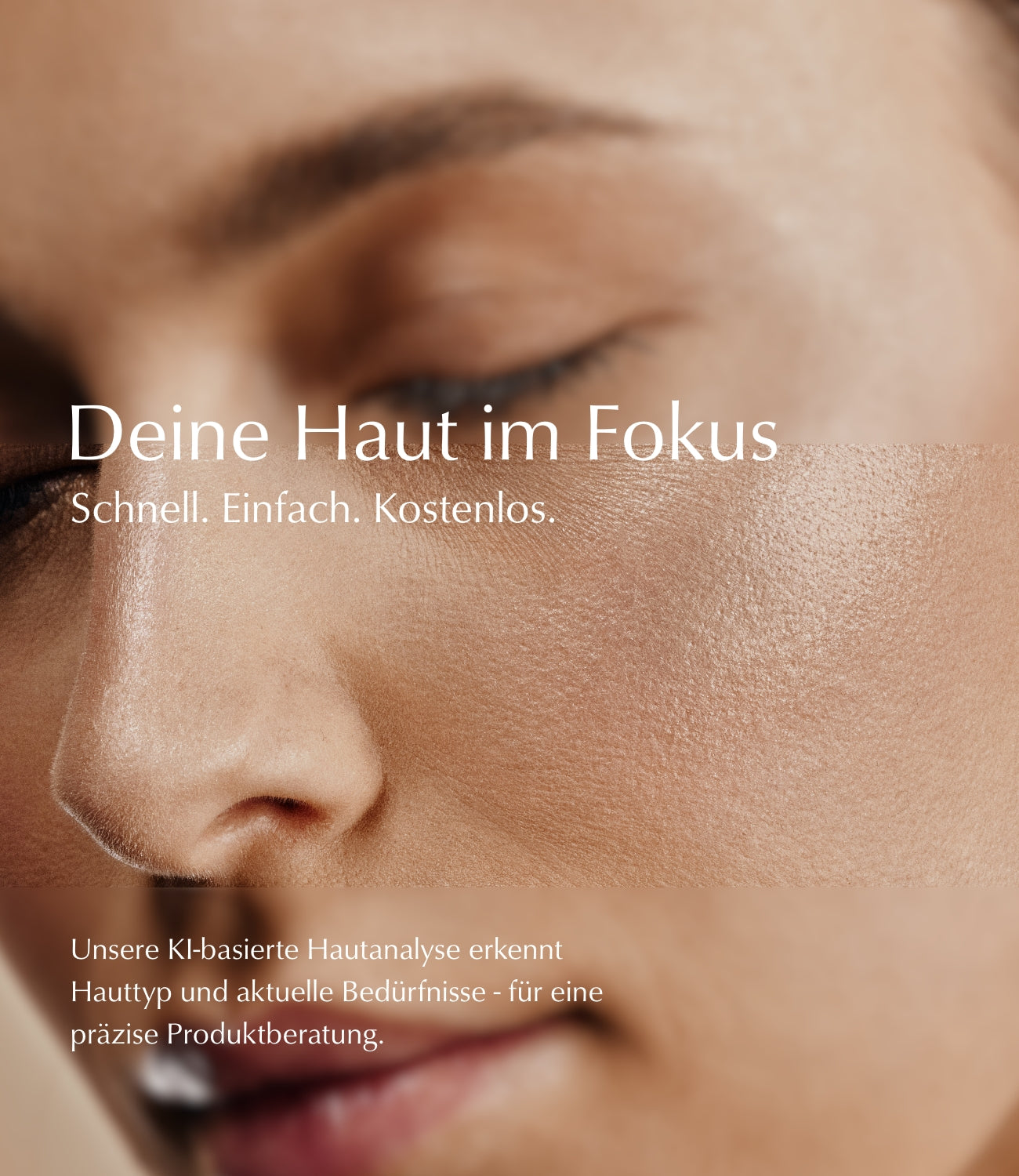
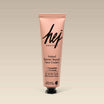
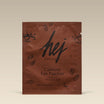
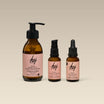
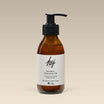
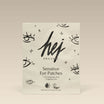
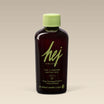
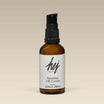
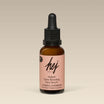
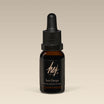
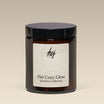
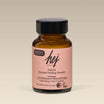
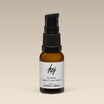
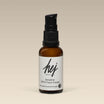
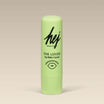
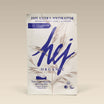
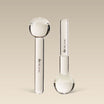
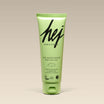
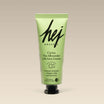
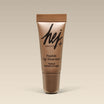
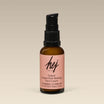
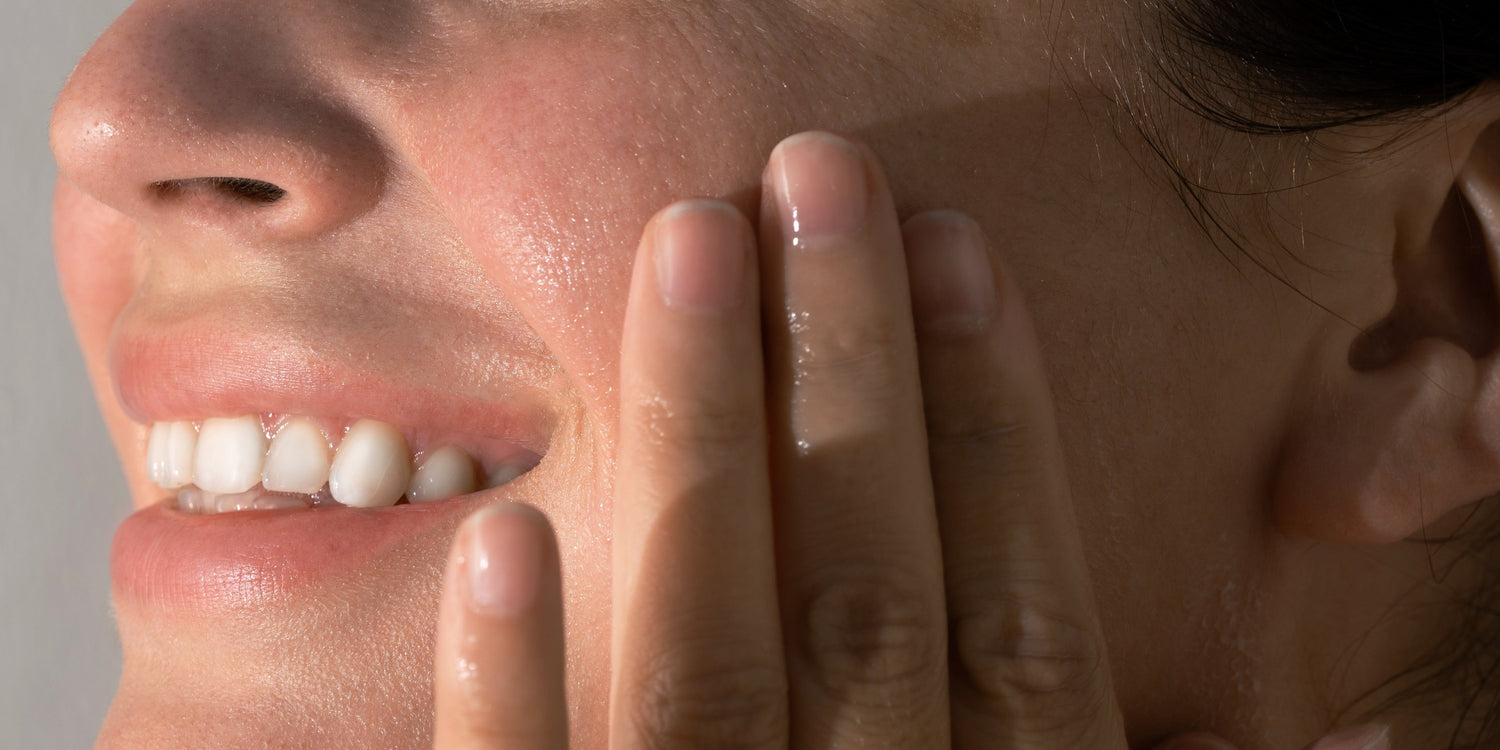
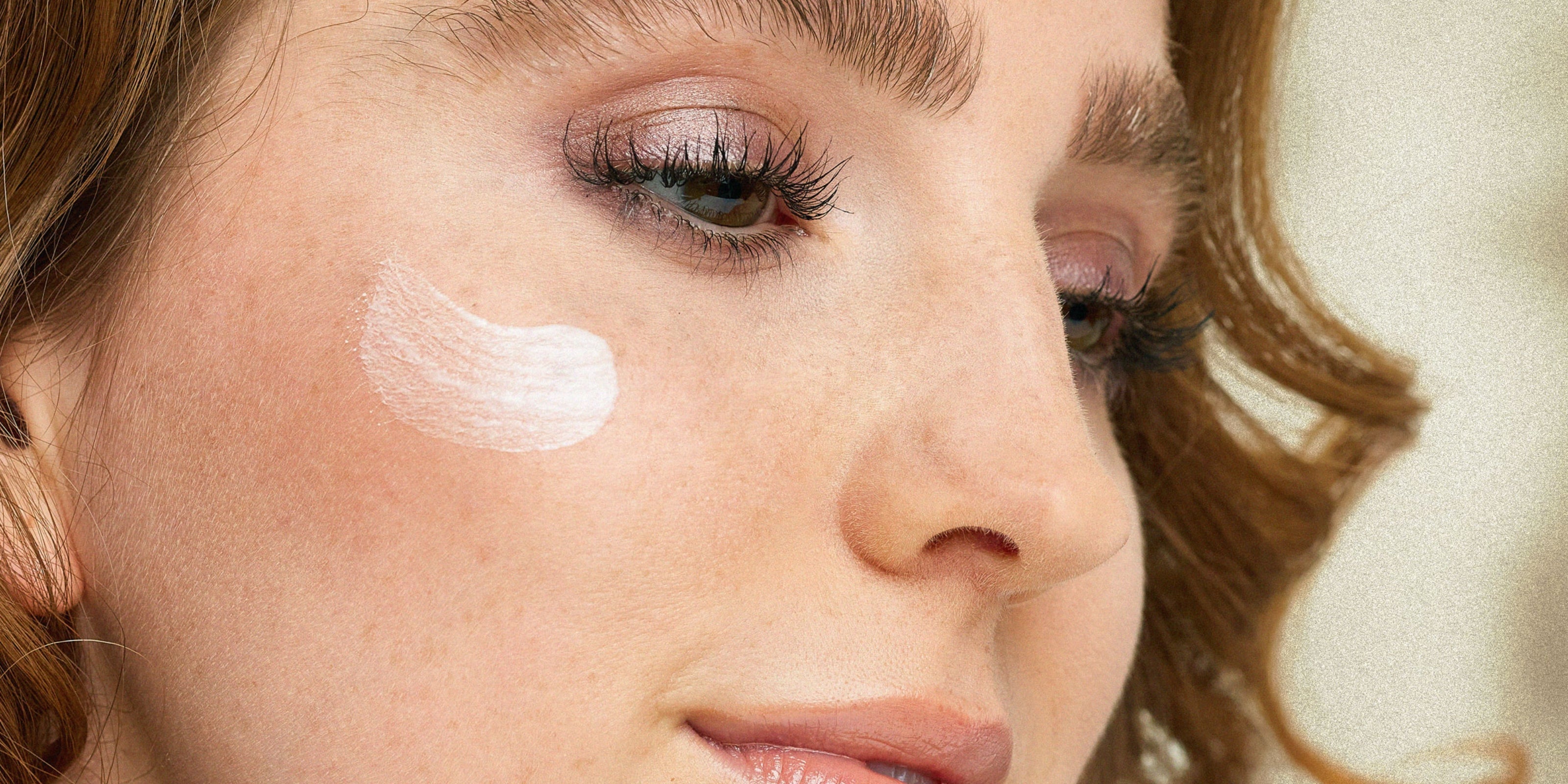
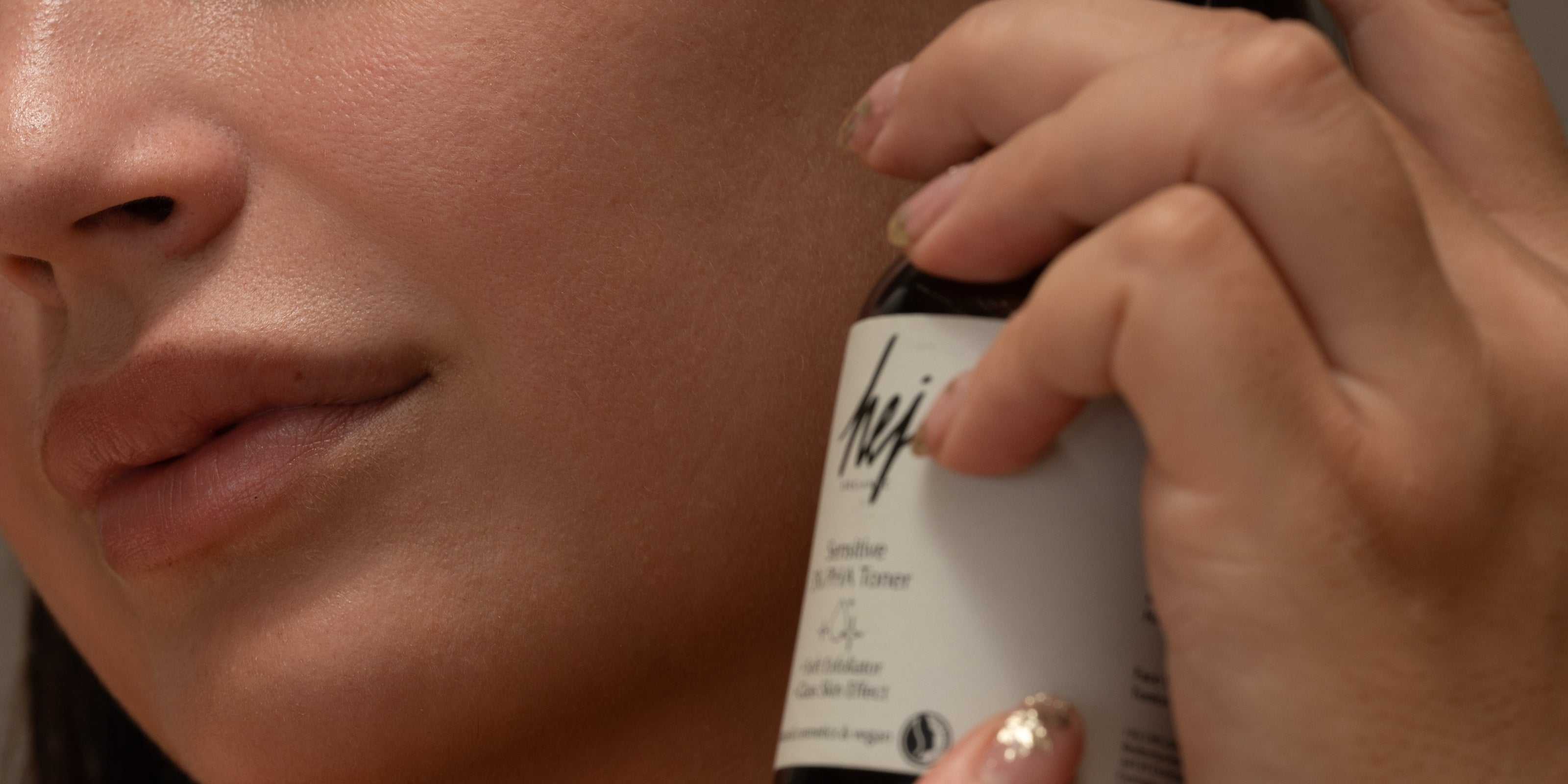
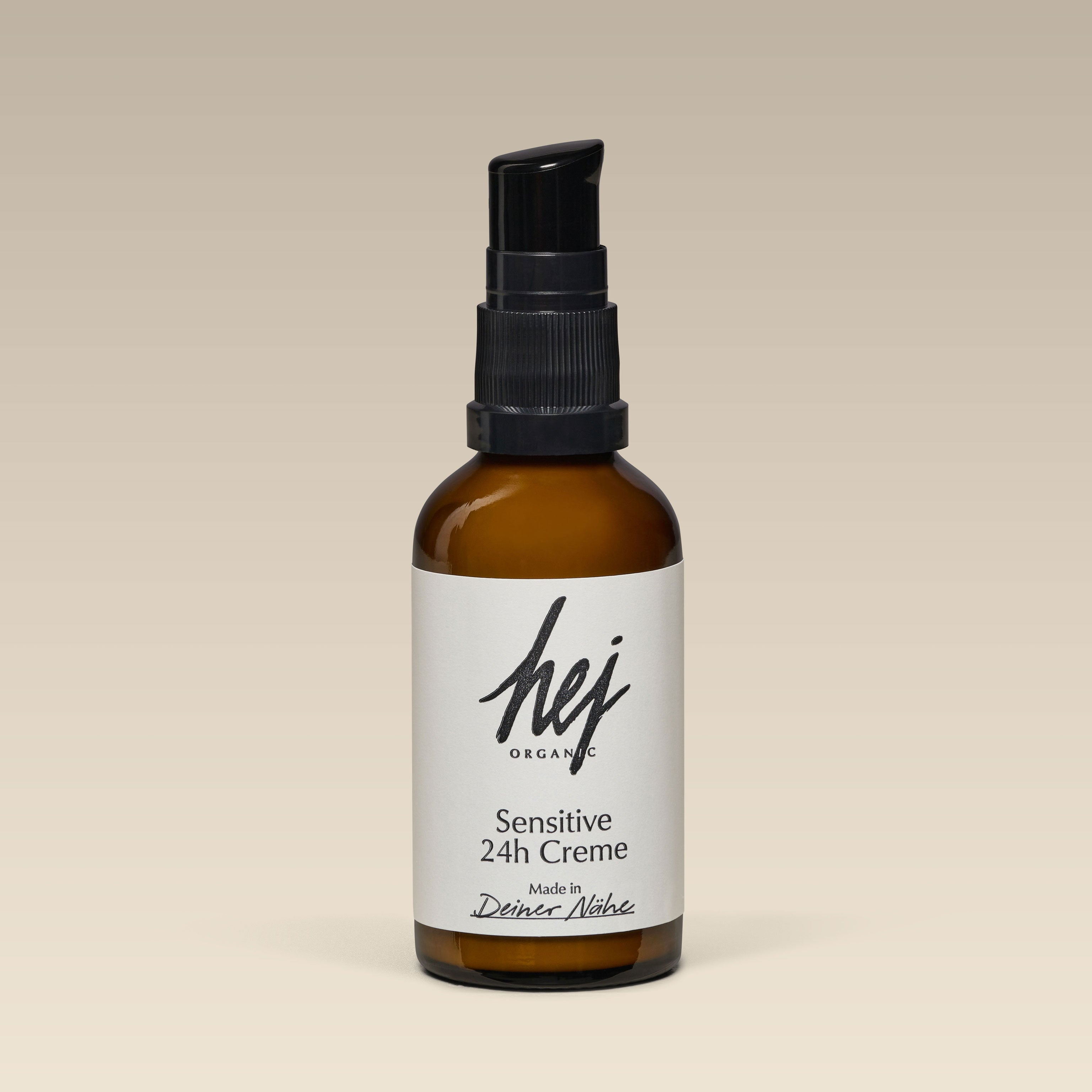
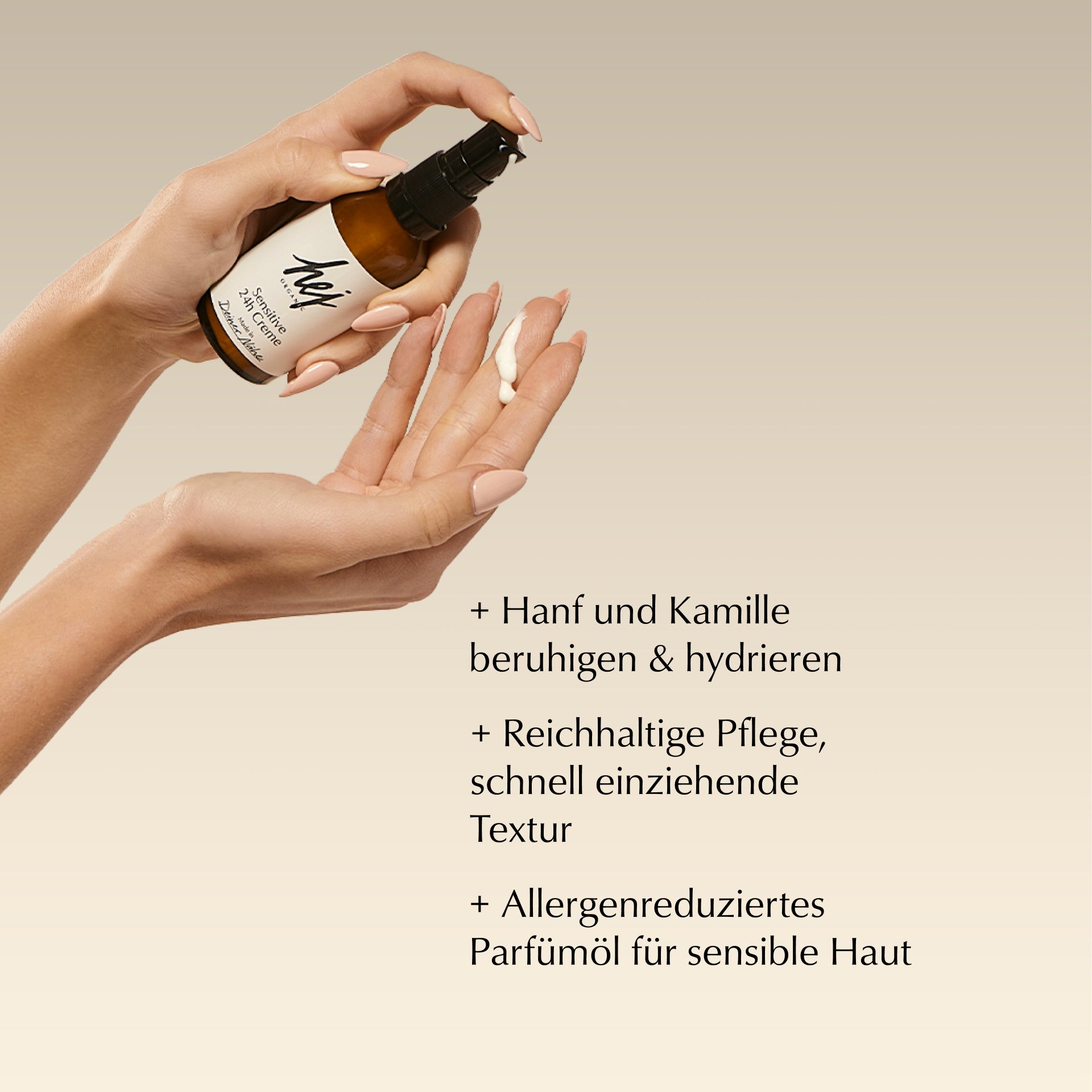
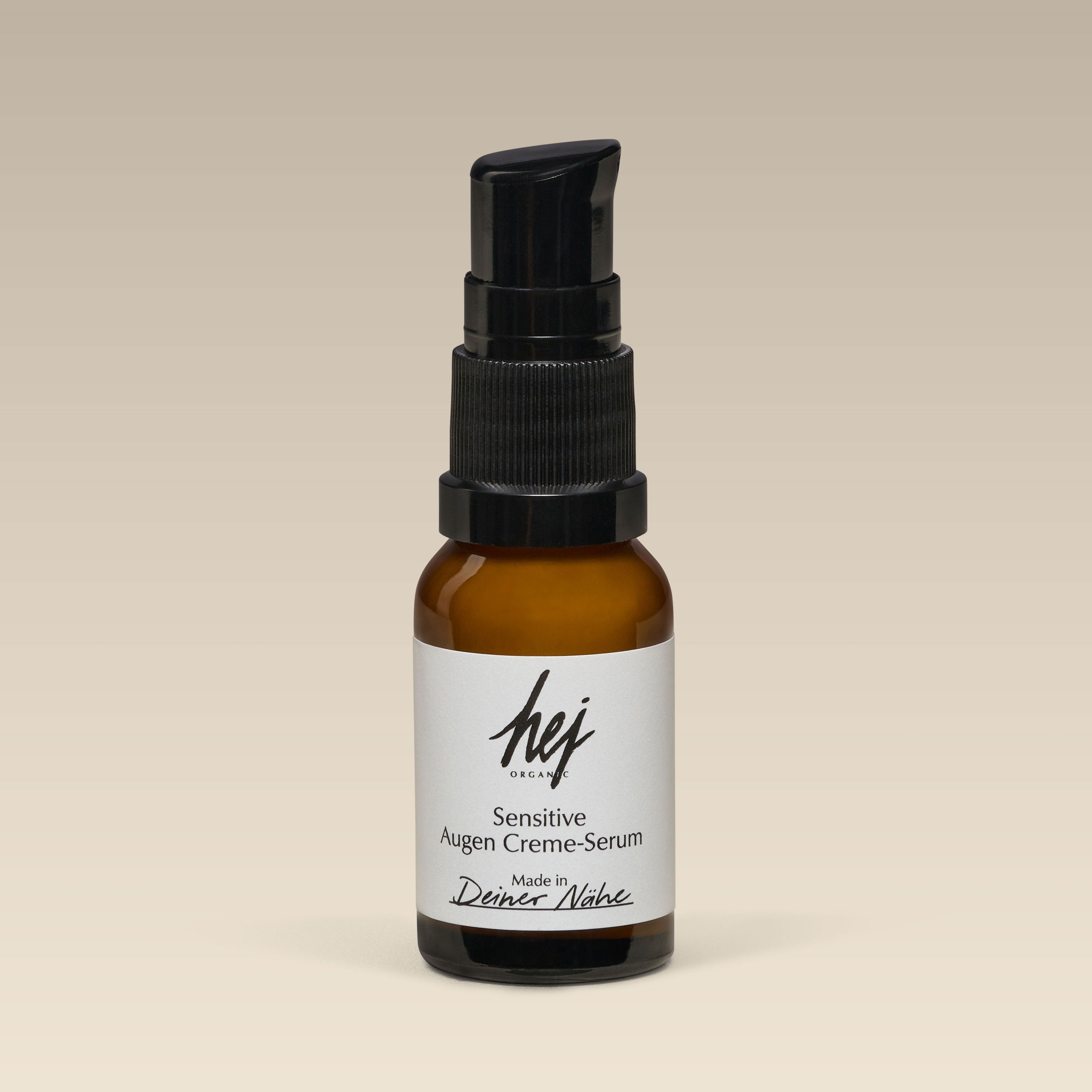
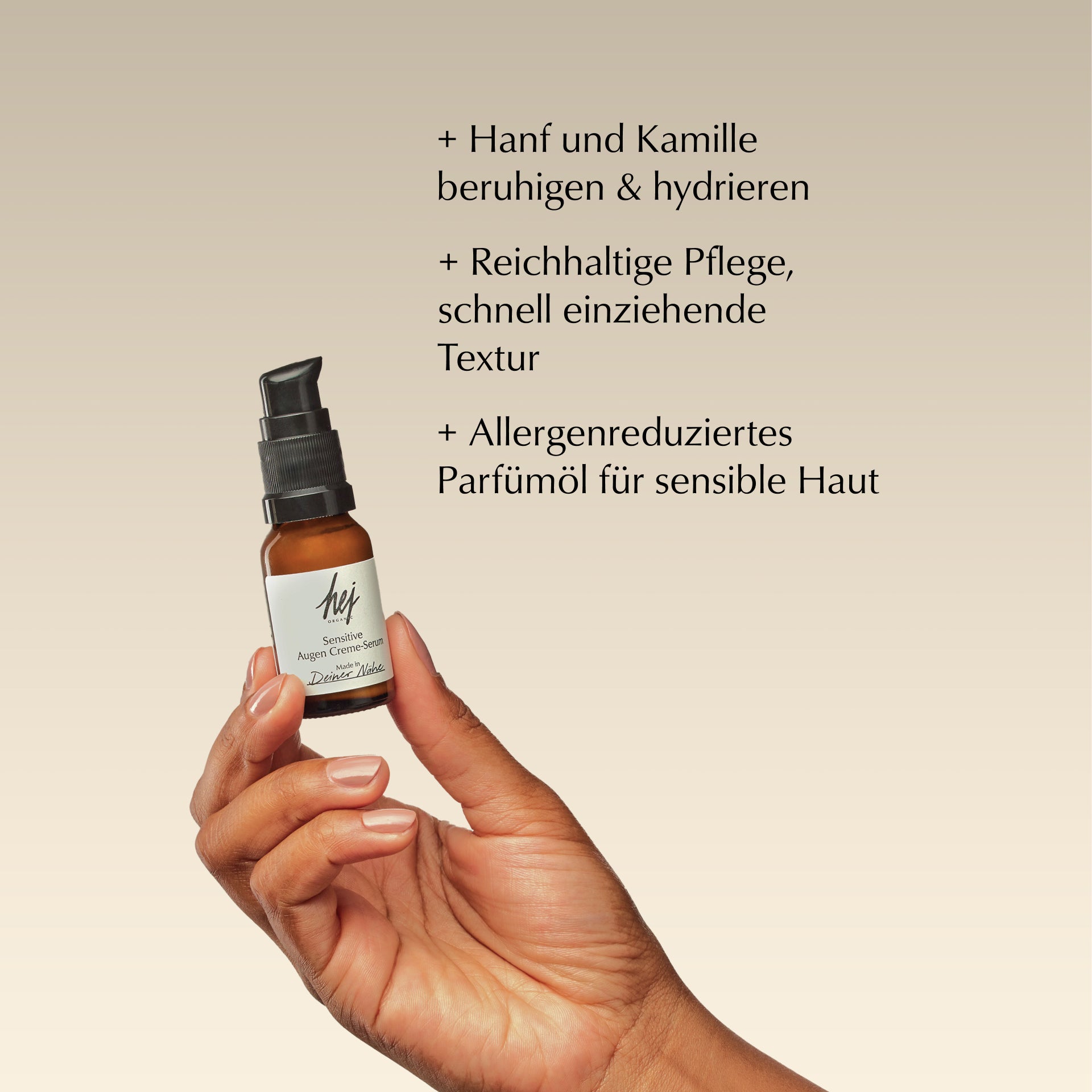
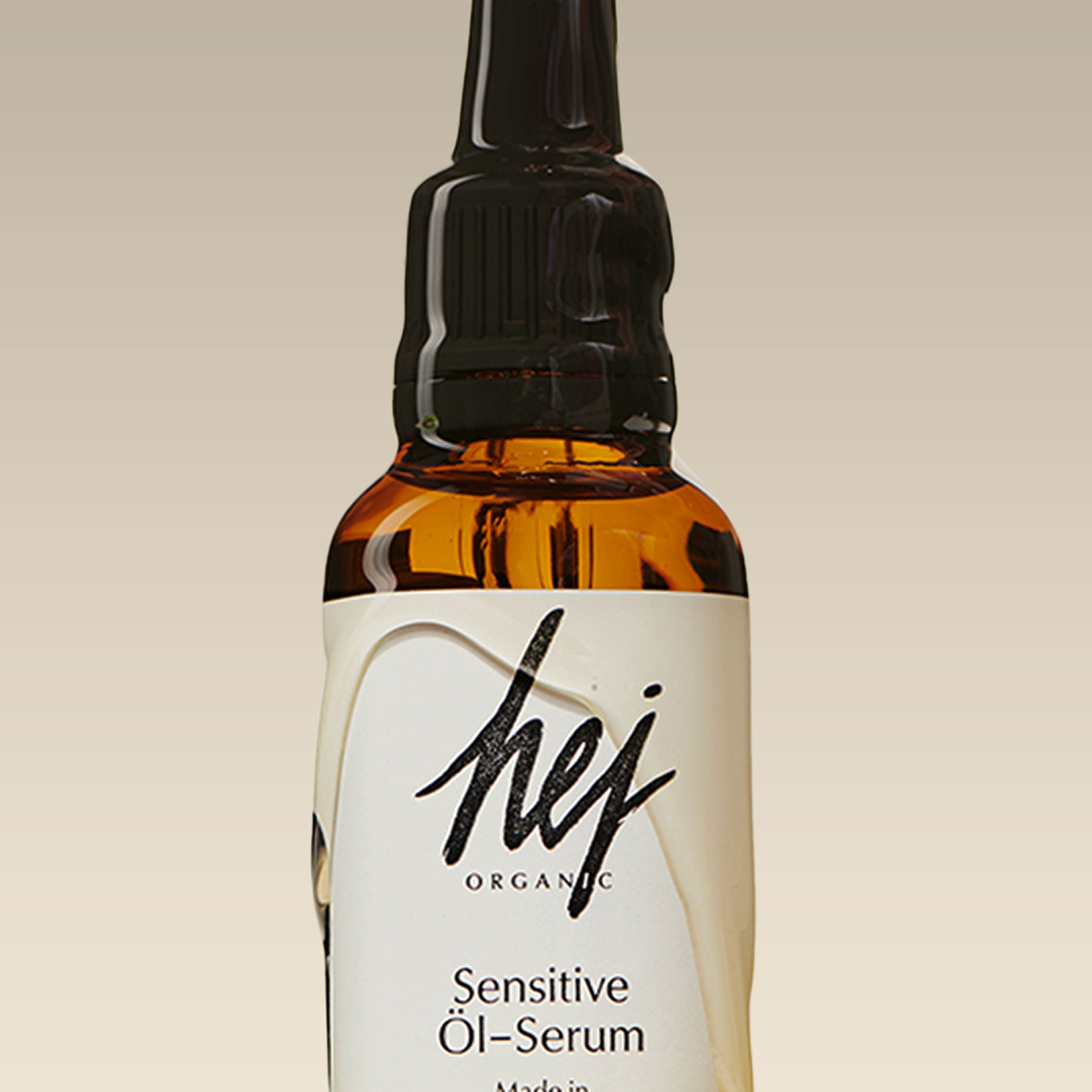
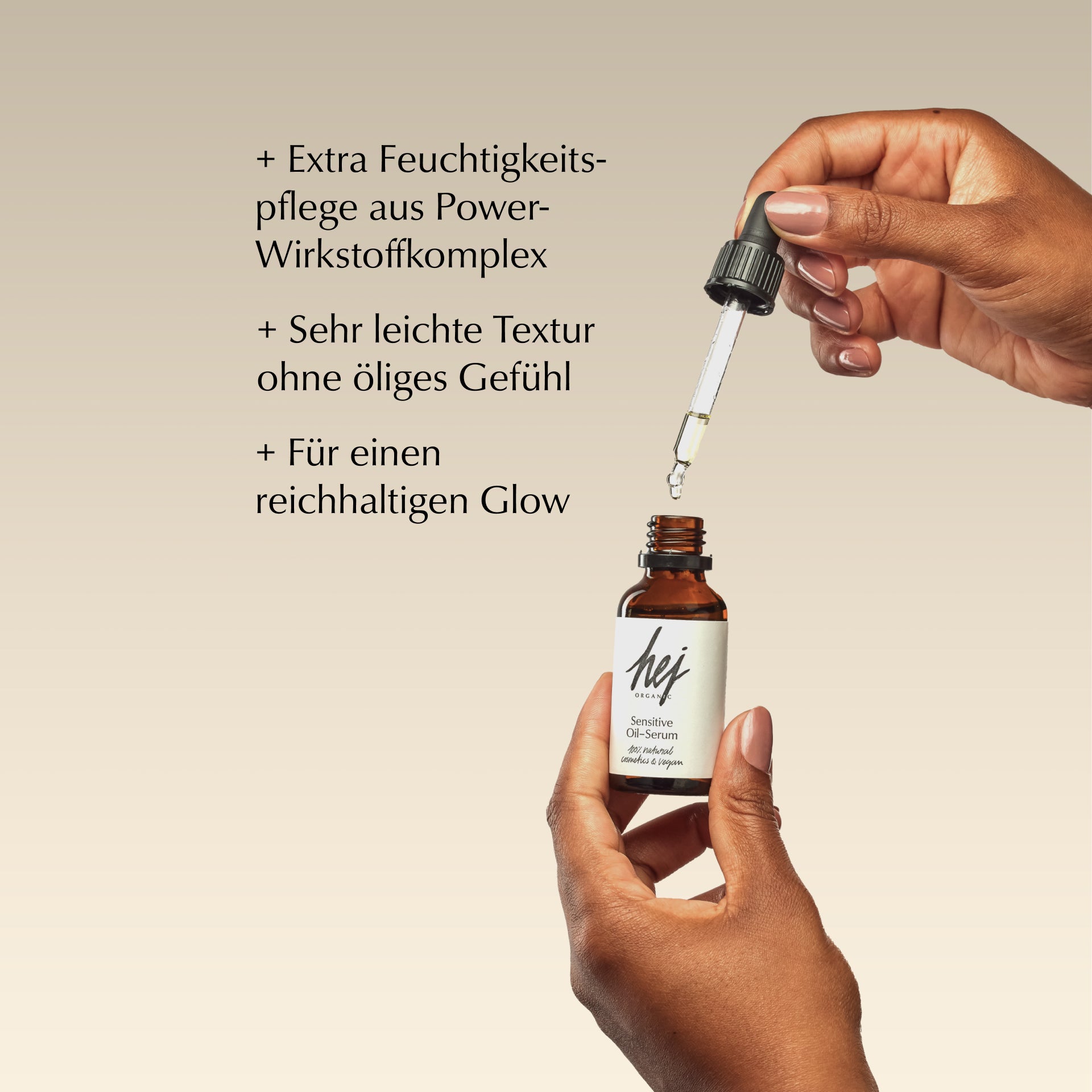
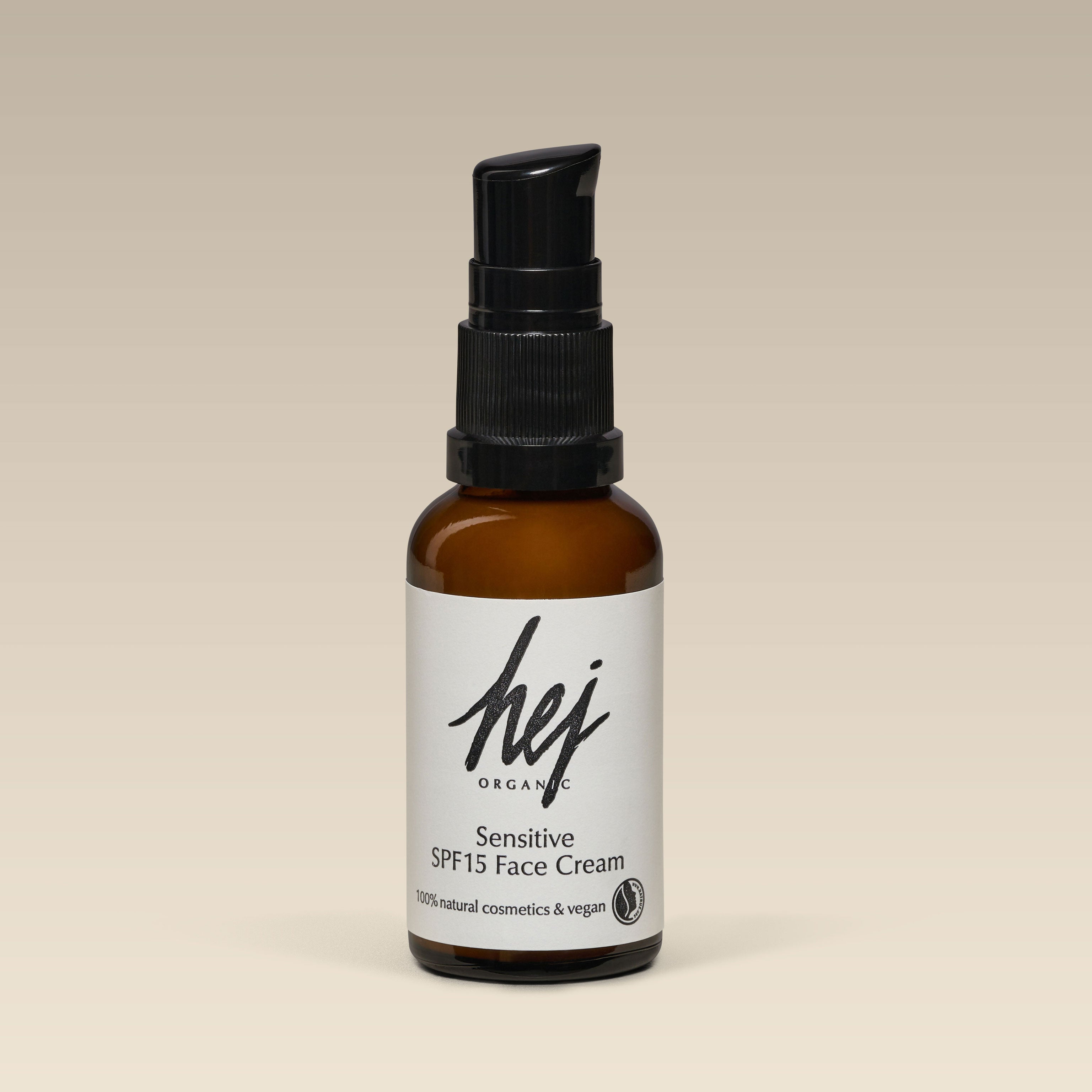
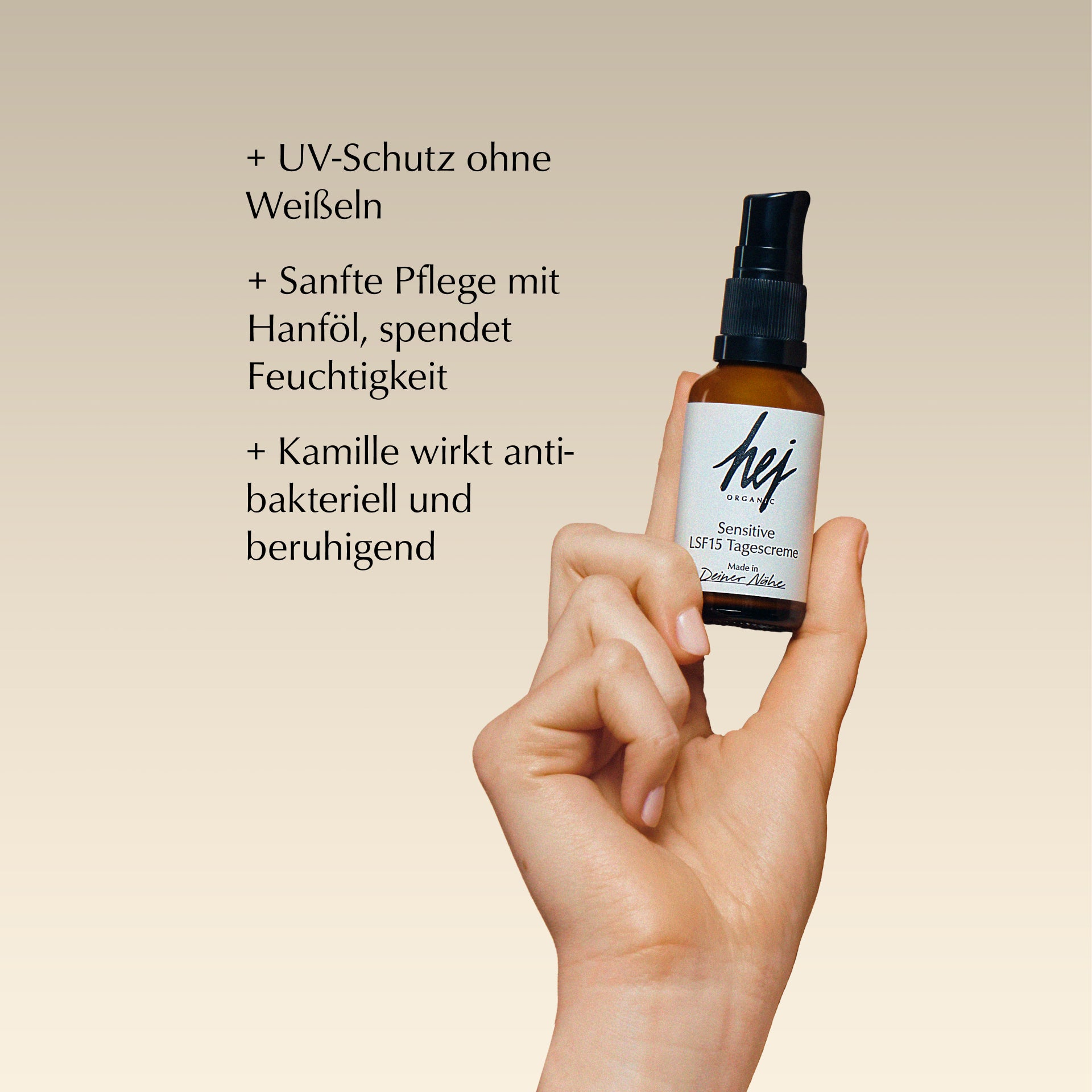
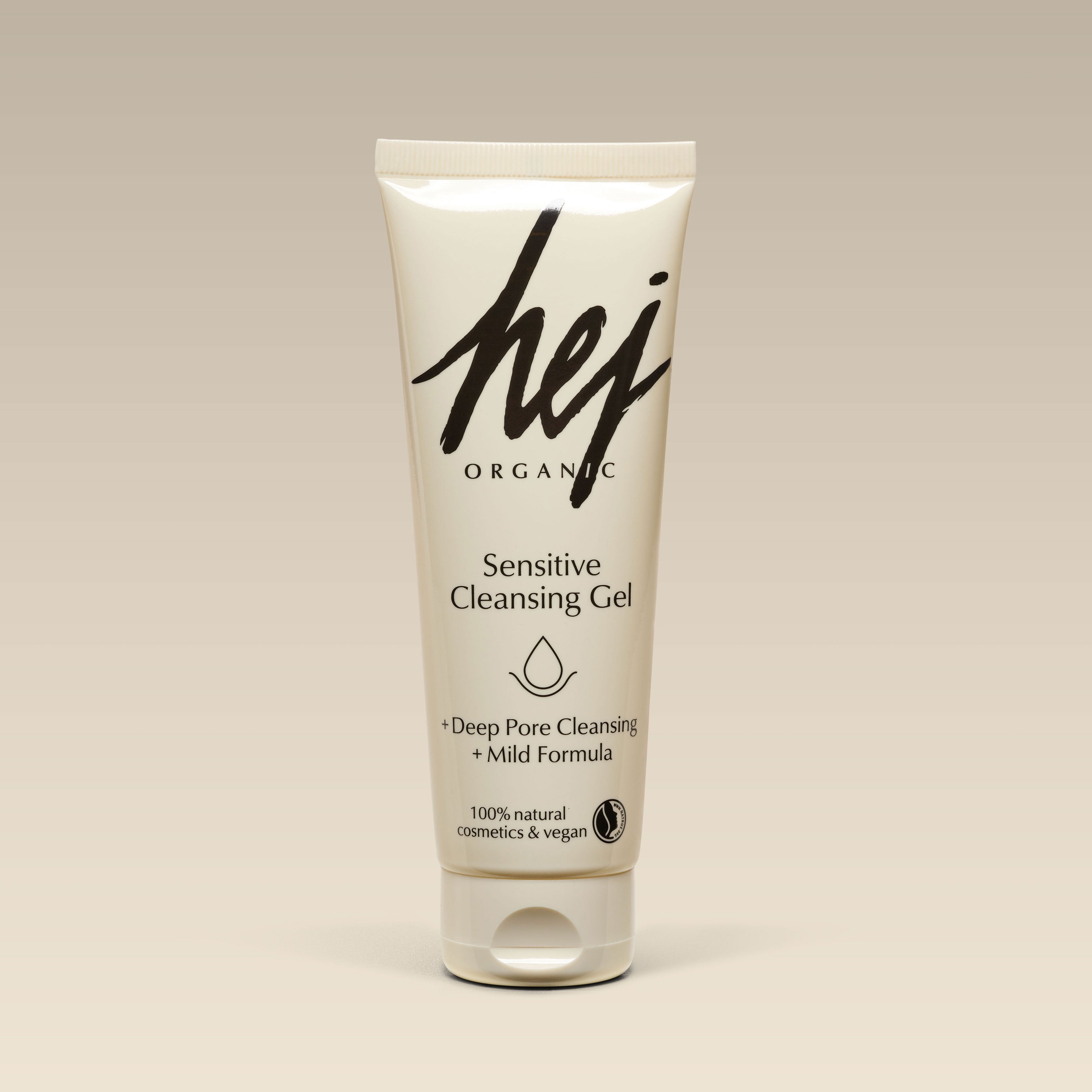
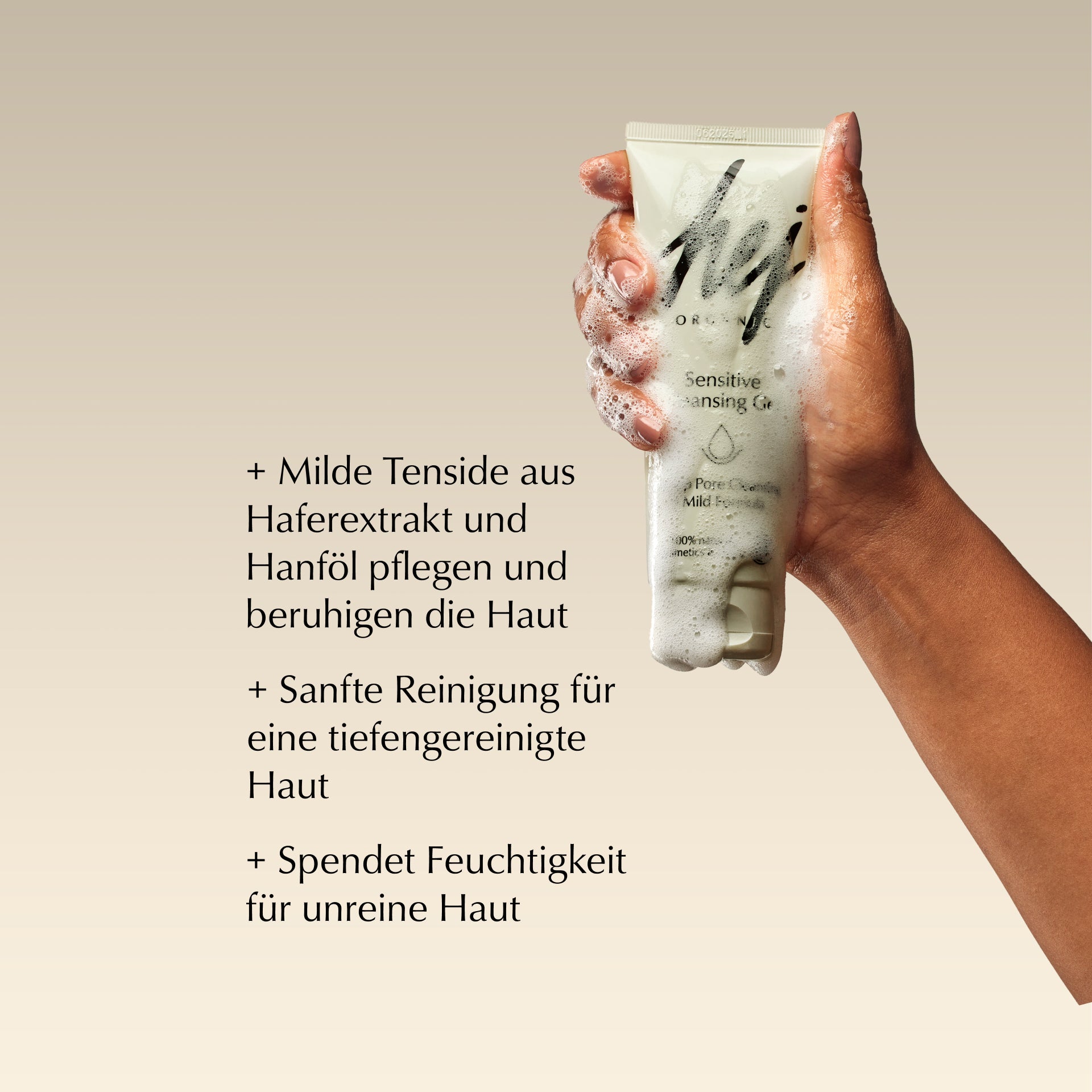
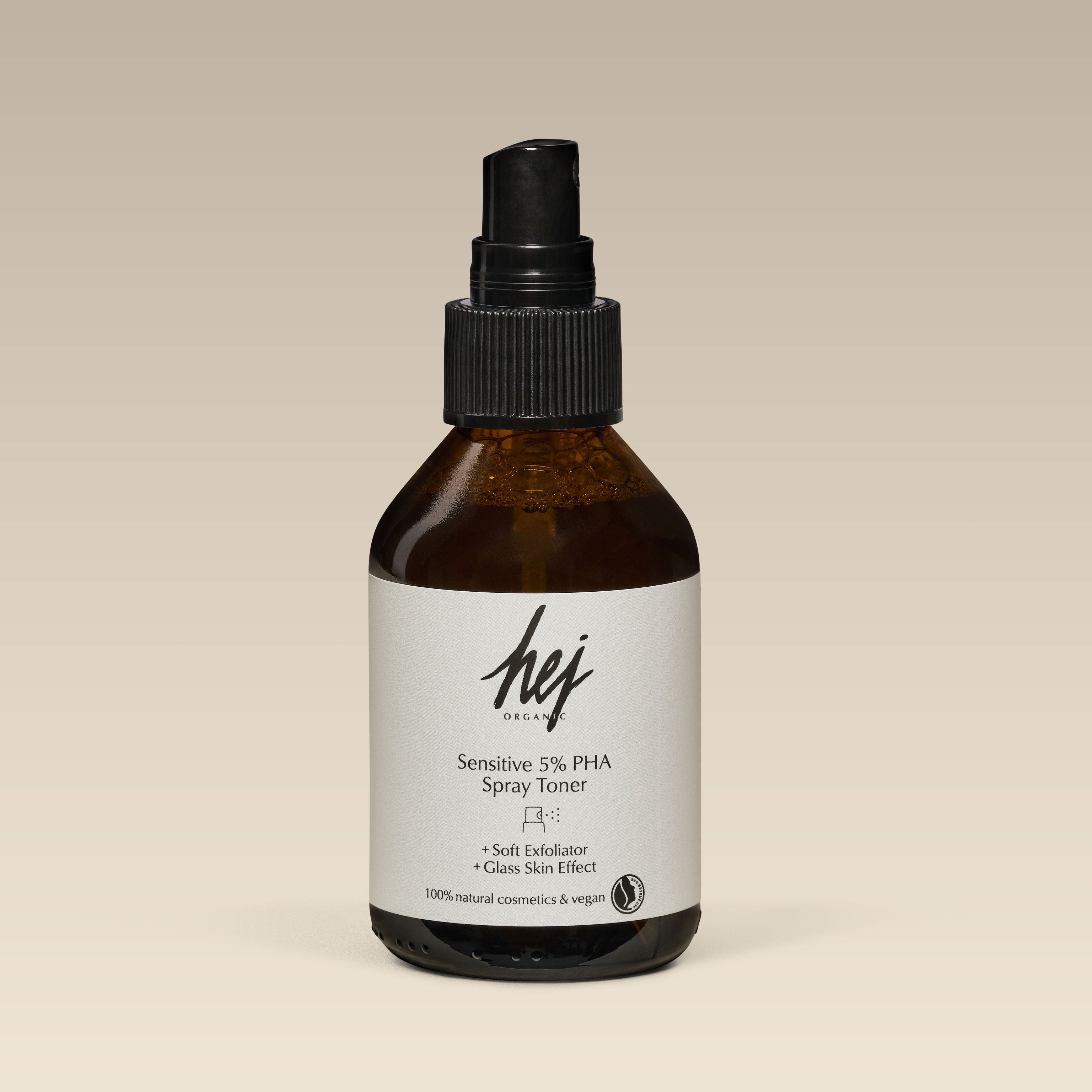
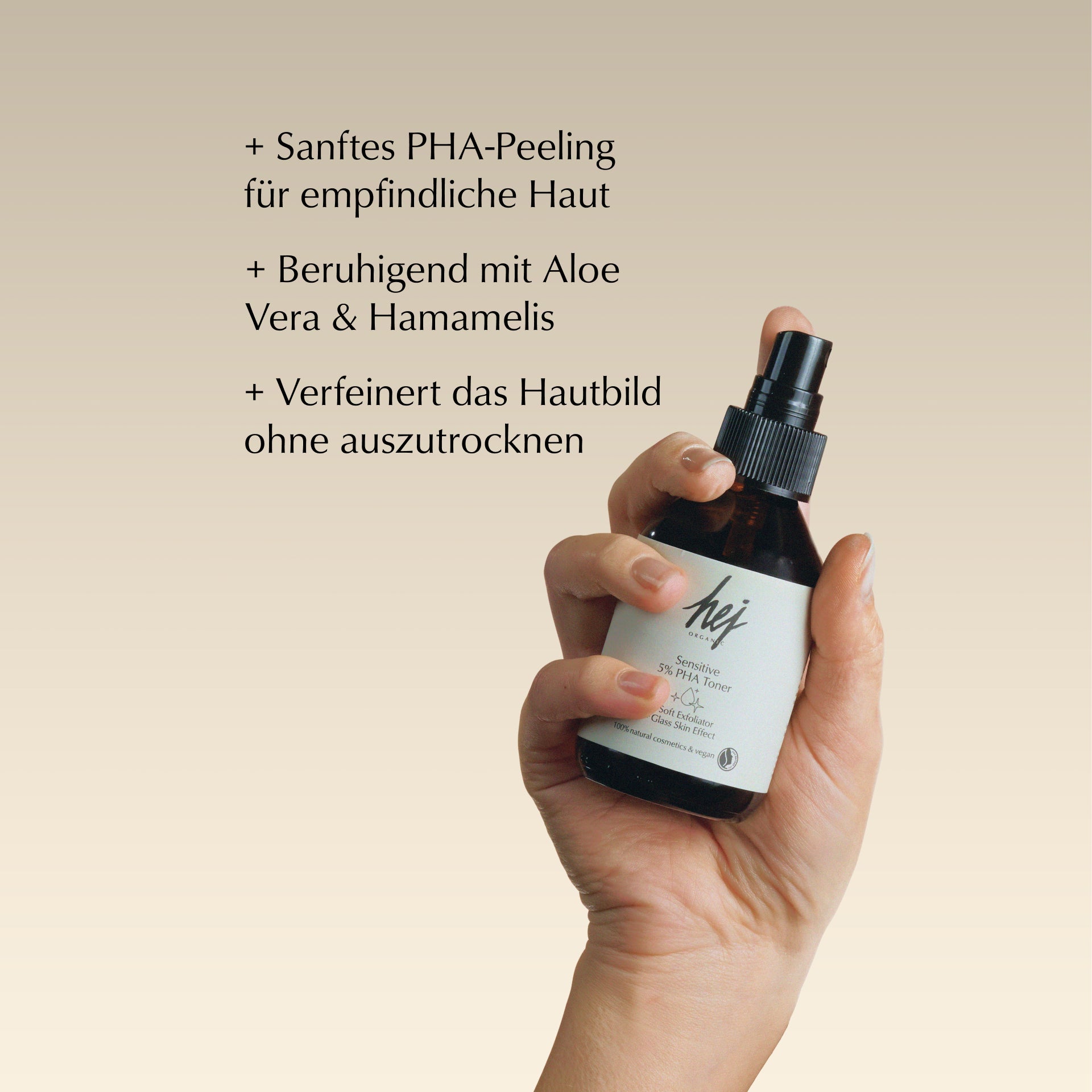
Leave a comment
This site is protected by hCaptcha and the hCaptcha Privacy Policy and Terms of Service apply.